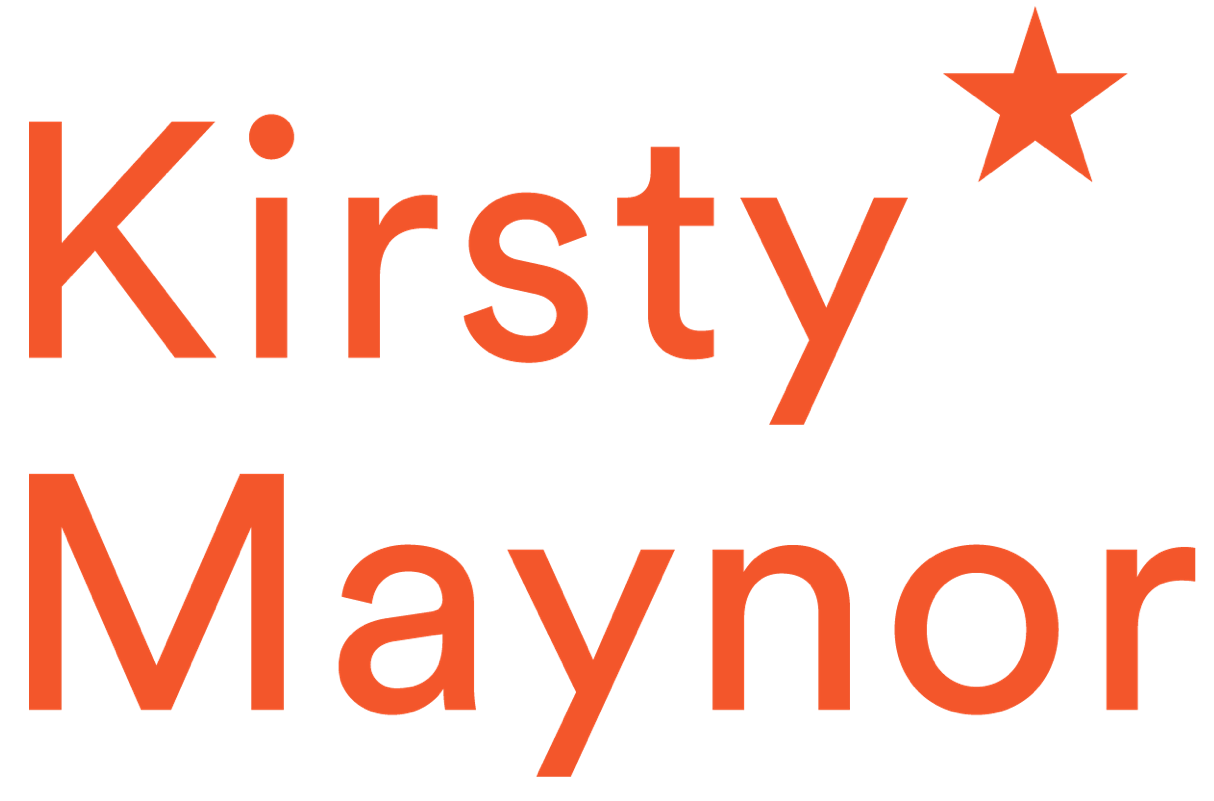Coaches need support too
The cornerstone of a good coaching relationship is supporting the growth and development of others: daring them to dream, shining a light on their best qualities and helping them to make significant changes in their lives which enable them to flourish. Good coaching is a careful balancing act: simultaneously supporting and challenging a client in order to help them reach their full potential. It’s one of the most rewarding professions out there but it takes skill, experience and a great deal of energy, and comes with more than its fair share of pressure.
As coaches, it’s essential that we manage these pressures by first prioritising our own wellbeing and development, because doing so means we’re better equipped to provide our clients with the level of support that they need and deserve. If we neglect ourselves or fail to seek adequate support for our own physical and emotional wellbeing, then we won’t have anything left to offer our clients, or what we do bring to the table will be tinged with our own insecurities, challenges and hangups.
Coaches aren’t superhuman and if we’re not careful, the combination of heavy workloads and our own personal problems can leave us depleted and overwhelmed. Even the most capable, experienced coaches come up against stress and in extreme cases, this can lead to burnout. Coaches need support too - whether in the form of coaching, supervision or even therapy - to help us feel nurtured, supported and refreshed; to facilitate our own personal and professional development; and to provide us with the ongoing guidance we need to be the best we can be for our clients.
As a coach, I’m horrified by the idea that there are coaches out there who aren’t getting the professional support that they need, because it’s something that we should all prioritise. If you’re receiving coaching from a professional, then it’s important to know that they’ve worked on their own challenges and issues, because otherwise, the chances are these problems will manifest themselves and cross-contaminate whatever it is that you’re working on together.
Personally, I know that if I don’t do the necessary work and look at my own boundaries and limitations, then I’m going to unconsciously create boundaries and limitations for my clients when I work with them.
My advice to all the coaches out there: don’t neglect yourself! Get the support that you need and make sure that you continue to do the necessary work on your own personal issues and challenges. It will help you to be more expansive in the work that you do with clients, and to be more fully present, which is a vital component of the coaching relationship.
